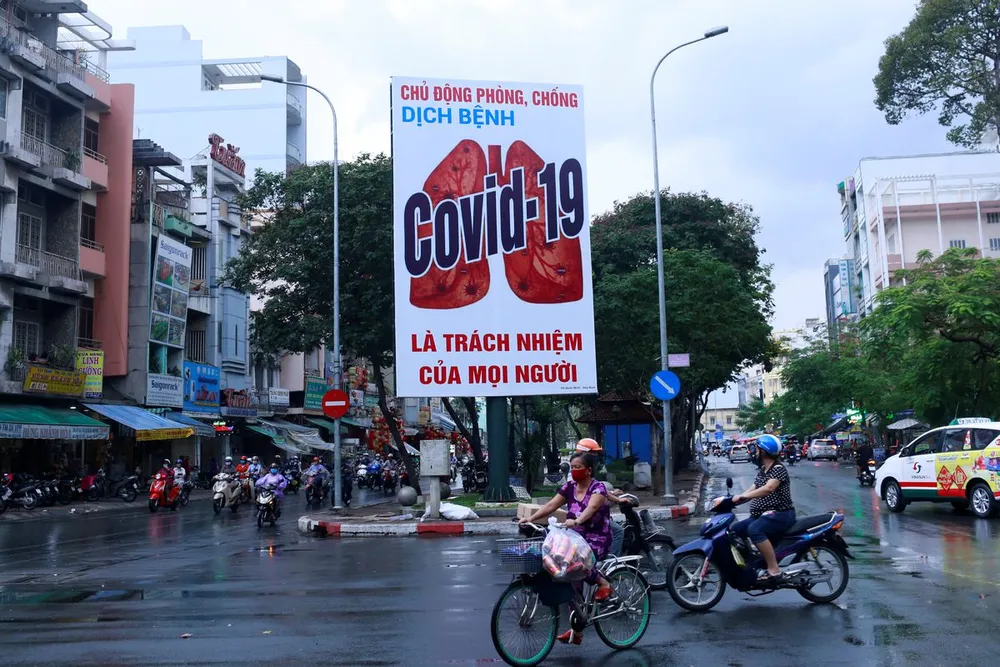
Policies will seek to spur the economy and restore some normalcy while coexisting with the virus, which hit the country hard in recent months, with overall deaths jumping from 36 in mid May to more than 19,098 as of Wednesday.
"All checkpoints on the streets will be lifted and no travel permits will be needed after today," Le Hoa Binh, deputy chairman of the city's people's committee, told a news conference.
"We are gradually opening but put our resident's safety first."
The city about 9 million people has borne the brunt of Vietnam's coronavirus crisis, accounting for 80% of the country's fatalities and half of its nearly 780,000 cases.
The capital Hanoi, however, has by comparison been only mildly impacted.
From Oct. 1, Ho Chi Minh City's industrial parks, construction projects, malls, barber shops, hospitality facilities and restaurants for takeaways can resume operations, Binh said.
Movement curbs have forced the closure of many factories in its industrial belt, prompting warnings from some foreign commerce groups that prolonged curbs could see them shift business to other countries.
"We foresee a huge shortage of labour force at manufacturing factories and construction when the city reopens," Binh added.
"There are many chances for the unemployed to find new jobs and start over."
Authorities are seeking to accelerate inoculation, prioritising workers and people over 50. About one-third of the city's residents have been fully vaccinated.




















